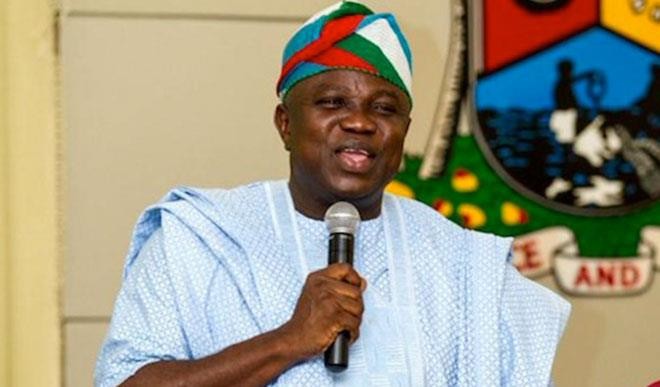Lagos slum re-generation aims at reducing homelessness — Commissioner
The Lagos State Commissioner for Physical Planning and Urban Development, Abiola Anifowoshe has explained that the Lagos State government decision to re-generate slums in the state is aimed at reducing homelessness among residents of the affected areas. Anifowoshe disclosed this to Daily Trust correspondent, at the workshop on United Nations Habitat III – Urban Thinkers […]


The Lagos State Commissioner for Physical Planning and Urban Development, Abiola Anifowoshe has explained that the Lagos State government decision to re-generate slums in the state is aimed at reducing homelessness among residents of the affected areas.
Anifowoshe disclosed this to Daily Trust correspondent, at the workshop on United Nations Habitat III – Urban Thinkers Campus- TheCity We Need in Lagos.
He said the government has taken into consideration, the plights of those who may be affected if the slum dwellers are simply chased out.
“The United Nation has identified 100 slums in Lagos. The responsibility of the agency is to re-generate the identified slums and make them habitable for residents. We don’t just want to chase people out which may lead to mass homelessness. And we have extended the re-generation efforts to five slums across the state and we are going to do more.
“In Isale-gangan for instance, we brought together about 25 families, who were living in shanties and bungalows. We asked them to come together and donate their lands. We then embark on re-generation of the communities, provide them with world-class facilities needed and even relaxation infrastructures like swimming pool among others.
“While the renewal was on, the people were relocated to good apartments free of charge. And when we are through, they will be relocated back to their respective households vacated,” he said.
Anifowoshe added that the Urban Thinker Campus Forum which is an initiative of UN Habitat’s World Urban Campaign was conceived as an avenue for critical exchange of ideas between urban researchers, professionals, local governments, grassroots communities, policy makers and all stakeholders to develop solutions to address urban challenges and promote sustainable urbanization.
